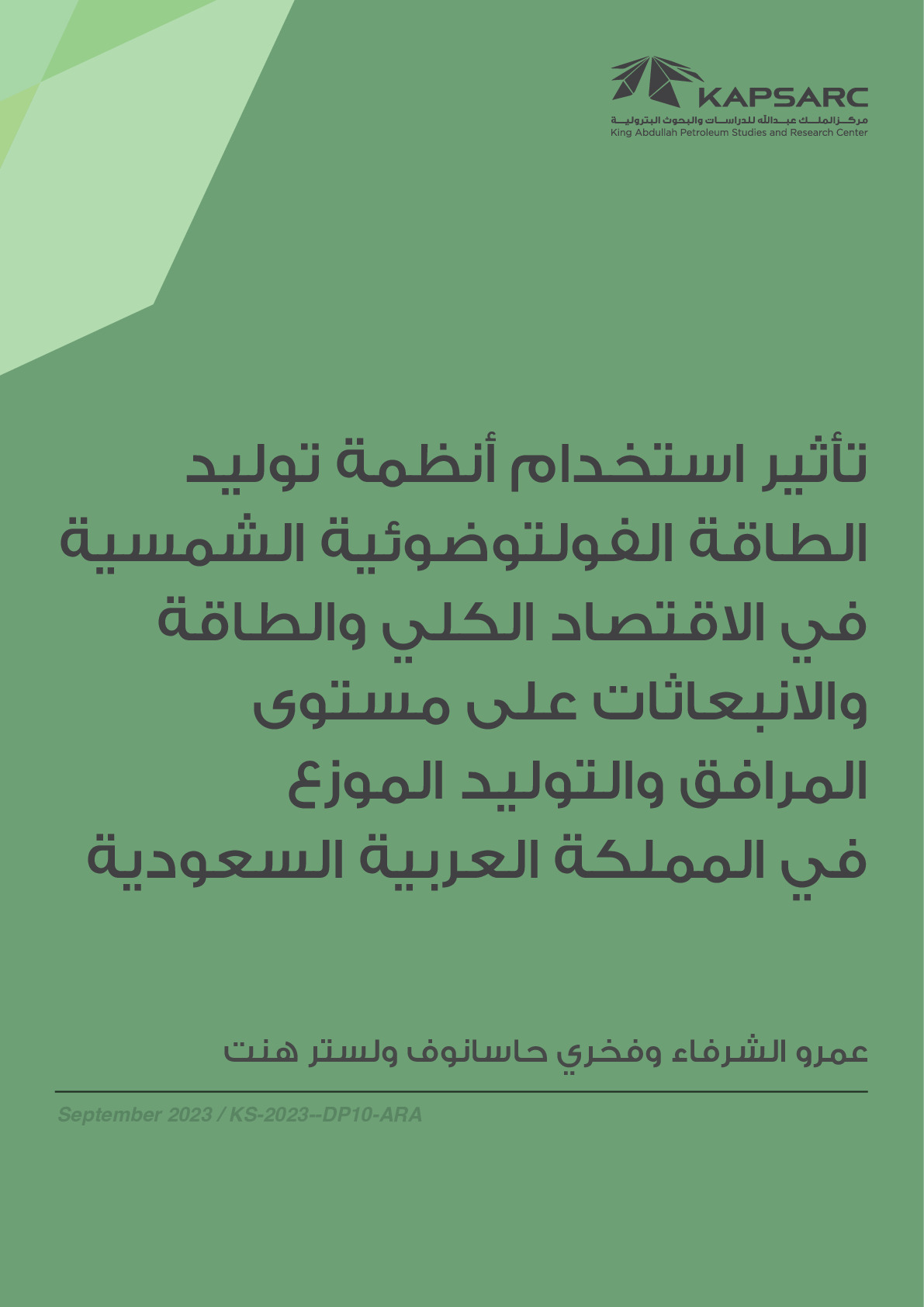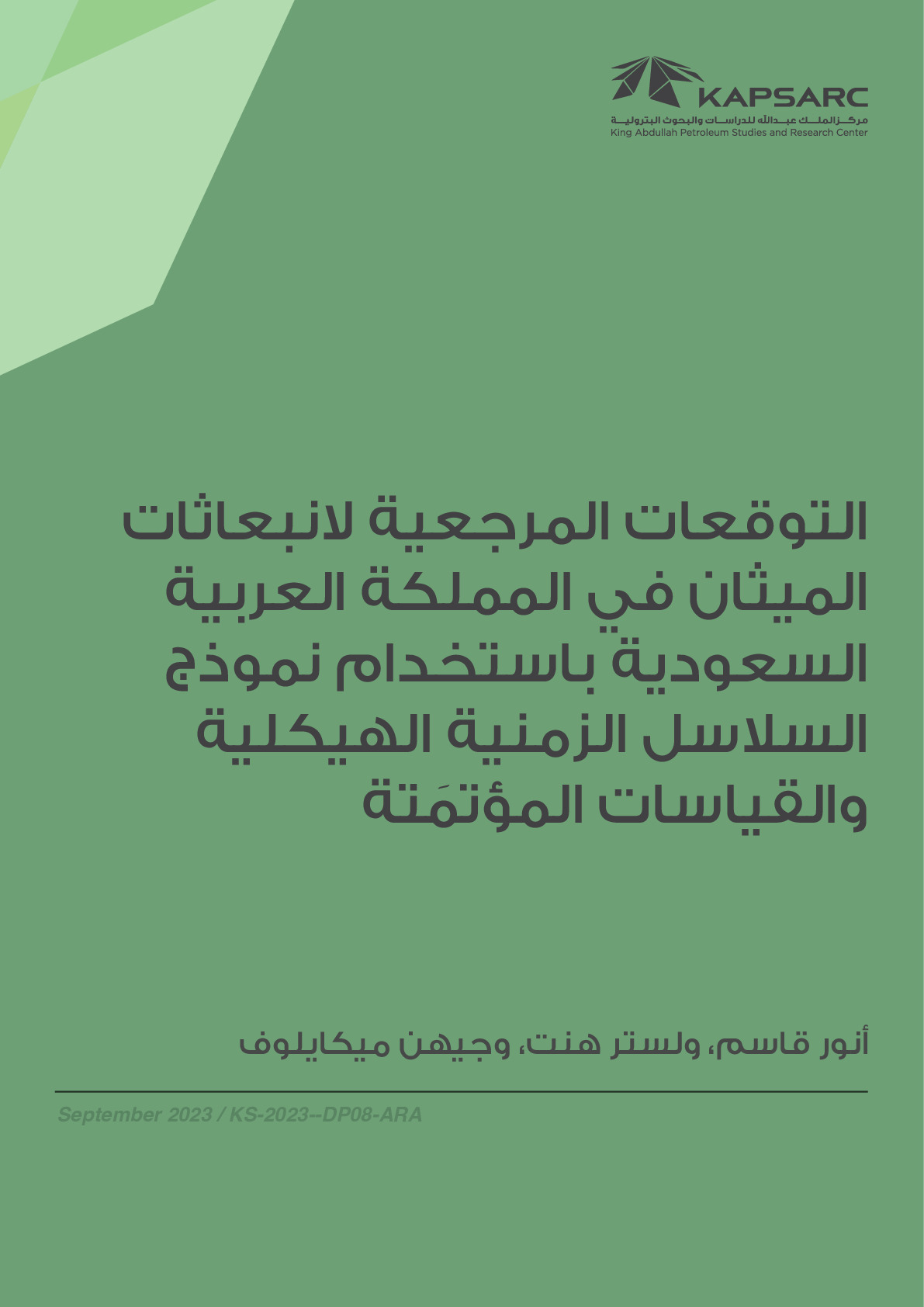The promotion of US energy efficiency policy is seen as a very important activity. Generally, the level of energy efficiency of a country or state is approximated by energy intensity, commonly calculated as the ratio of energy use to GDP. However, energy intensity is not an accurate proxy for energy efficiency given that changes in energy intensity are a function of changes in several factors including the structure of the economy, climate, efficiency in the use of resources, behaviour and technical change. The aim of this paper is to measure persistent and transient energy efficiency for the whole economy of 49 states in the US using a stochastic frontier energy demand approach. A total US energy demand frontier function is estimated using panel data for 49 states over the period 1995 to 2009 using two panel data models: the Mundlak version of the random effects model (which estimates the persistent part of the energy efficiency) and the true random effects model (which estimates the transient part of the energy efficiency). The analysis confirms that energy intensity is not a good indicator of energy efficiency, whereas, by controlling for a range of economic and other factors, the measures of energy efficiency obtained via the approach adopted here are. Moreover, the estimates show that although for some states energy intensity might give a reasonable indication of a state’s relative energy efficiency, this is not the case for all states. © 2015, Springer Science+Business Media Dordrecht.

باحث زائر لستر هنت باحث زائر في كابسارك، وأستاذ اقتصاد في جامعة بورتسموث. عمل سابقًا في جامعة إسيكس (1979-1980)، وجامعة سوانزي (1980-1985،… لستر هنت باحث زائر في كابسارك، وأستاذ اقتصاد في جامعة بورتسموث. عمل سابقًا في جامعة إسيكس (1979-1980)، وجامعة سوانزي (1980-1985، و1987-1989)، وجامعة سري (1989-1991، و1999-2017)، وجامعة بورتسموث (1994-1998، و2017 وحتى الآن). كان رئيس قسم الاقتصاد في جامعة سري (1999-2003)، ومدير المركز السعودي لكفاءة الطاقة (2003-2015). كما كان رئيس قسم الاقتصاد في جامعة بورتسموث (1996-1998)، ورئيس قسم الاقتصاد والمالية (2017-2021). بالإضافة إلى العمل في التعليم العالي، كان لستر مستشارًا اقتصاديًا في قسم التنبؤات بخزينة صاحبة الجلالة في المملكة المتحدة (1985-1987)، ومحللًا اقتصاديًا للطاقة في شركة ميدلاند للكهرباء (1991-1994)، وزميلًا باحثًا أول في كابسارك (2015-2017). وهو حاصل على درجة البكالوريوس (مع مرتبة الشرف) في الاقتصاد والاقتصاد القياسي من جامعة لوفبرا، ودرجة الماجستير في الاقتصاد من جامعة إسيكس، ودرجة الدكتوراه في الاقتصاد من جامعة سري. وكان محررًا في مجلة "ذي إنيرجي جورنال" منذ عام 2006.
الخبرات
- اقتصاديات الطاقة، سياسات الطاقة
الإصدارات عرض جميع الإصدارات لستر هنت

تأثير استخدام أنظمة توليد الطاقة الفولتوضوئية الشمسية في الاقتصاد الكلي والطاقة والانبعاثات على مستوى المرافق والتوليد الموزع في المملكة العربية السعودية
The promotion of US energy efficiency policy is seen as a very important activity. Generally,…
14th سبتمبر 2023
التوقعات المرجعية لانبعاثات الميثان في المملكة العربية السعودية باستخدام نموذج السلاسل الزمنية الهيكلية والقياسات المؤتمَتة
The promotion of US energy efficiency policy is seen as a very important activity. Generally,…
14th سبتمبر 2023